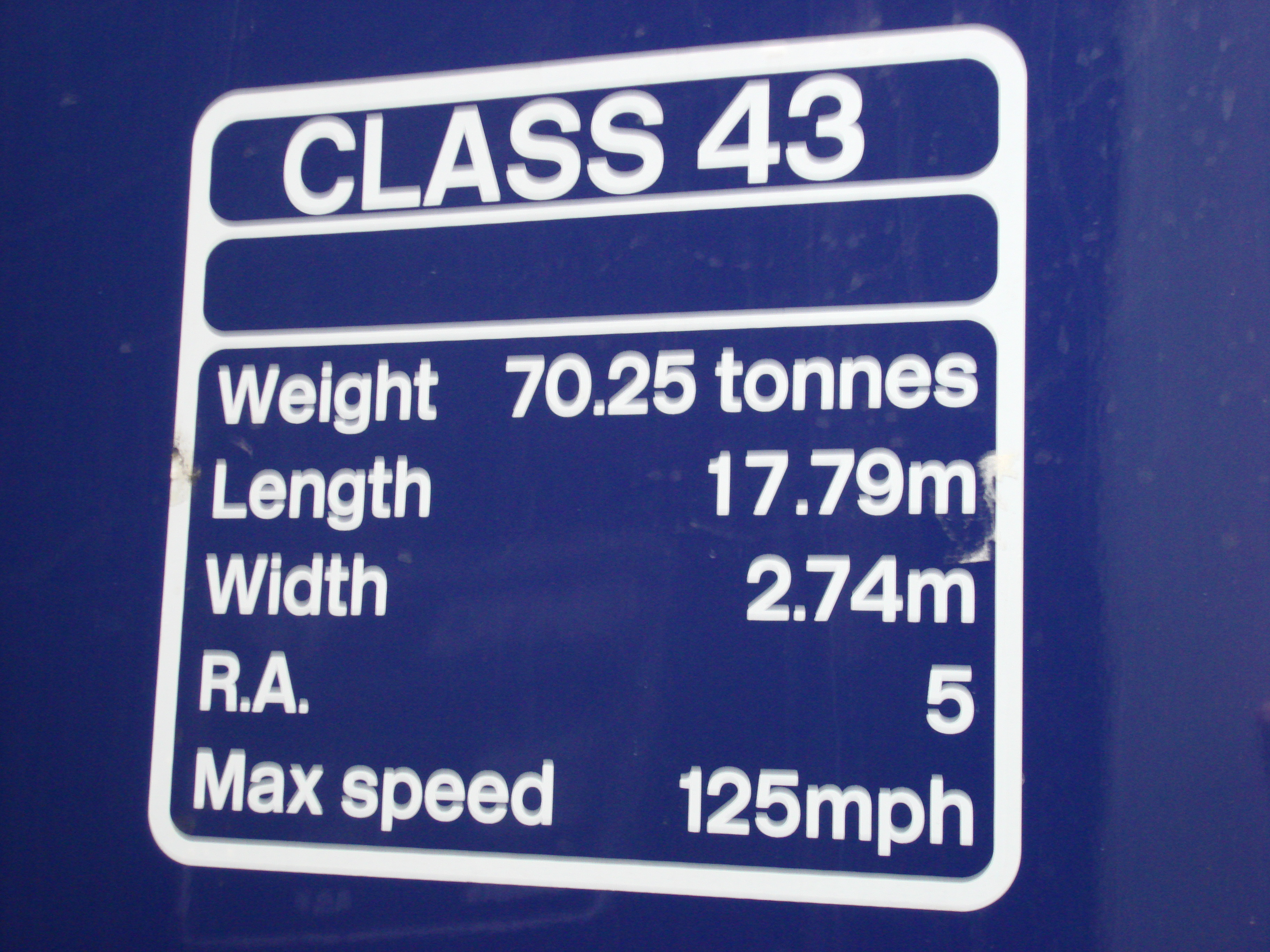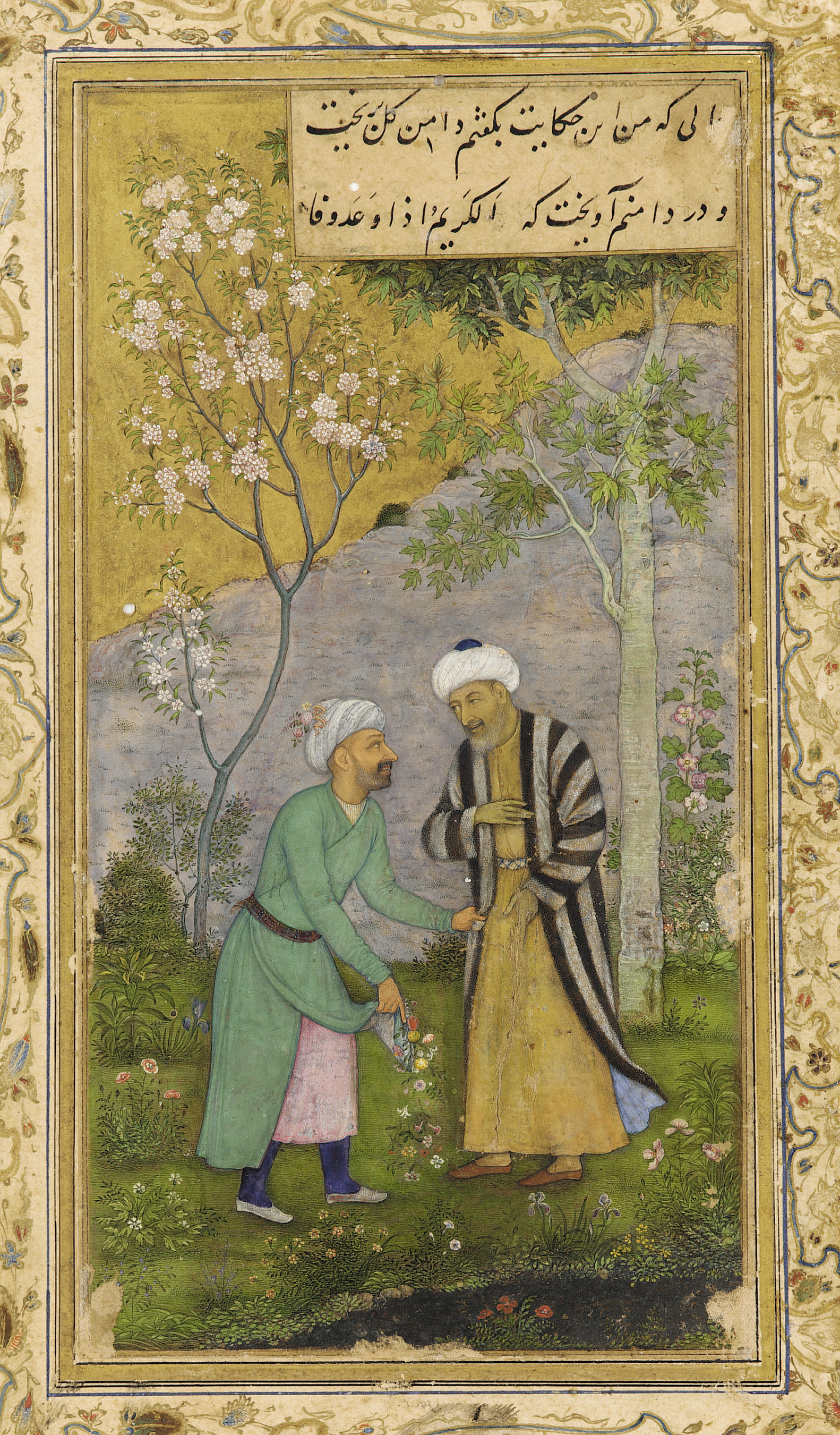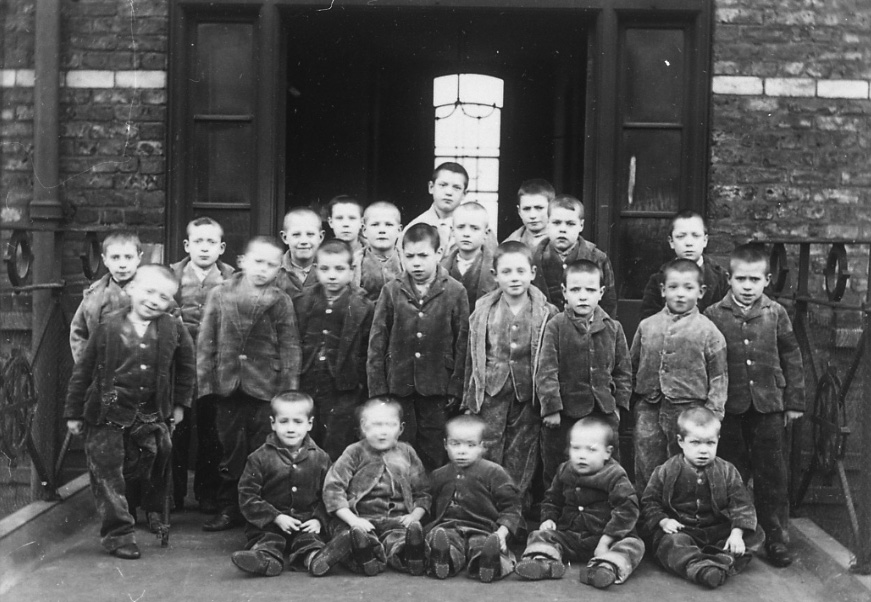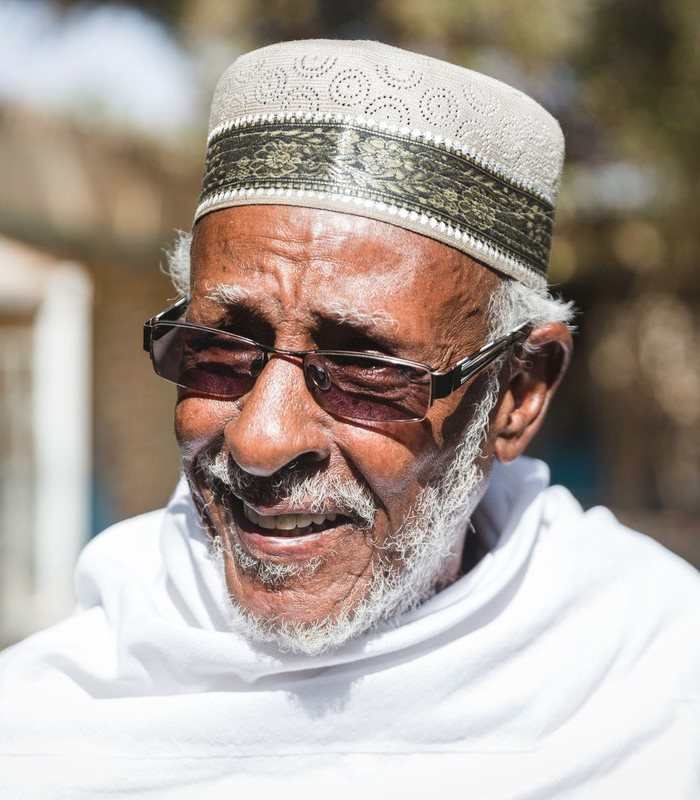|
Gʻafur Gʻulom
Gʻafur Gʻulom (May 10, 1903 – July 10, 1966) was an Uzbek poet, writer, and literary translator. He is best remembered for his stories ''Shum Bola'' (''The Mischievous Boy'') (adapted for film in 1977) and ''Yodgor''. Gʻafur Gʻulom is also known for translating the works of many influential foreign authors, such as Alexander Pushkin, Vladimir Mayakovsky, and William Shakespeare. He translated '' Le Mariage de Figaro'' of Pierre Beaumarchais, ''Othello'' of William Shakespeare, and ''Gulistan'' of Saadi Shirazi into Uzbek. Gʻafur Gʻulom is considered to be one of the most influential Uzbek writers of the 20th century. He is also regarded as one of the founders of modern Uzbek poetry, along with Hamza Hakimzoda Niyoziy. Gʻafur Gʻulom received the prestigious State Stalin Prize in 1946 and became a National Poet of the Uzbek SSR in 1963. Life Gʻafur Gʻulomovich Gʻulomov was born to a poor family on May 10, 1903, in Tashkent. His father, Gʻulom Mirza Orif, knew Russi ... [...More Info...] [...Related Items...] OR: [Wikipedia] [Google] [Baidu] |
Infobox Writer/doc
An infobox is a digital or physical Table (information), table used to collect and present a subset of information about its subject, such as a document. It is a structured document containing a set of attribute–value pairs, and in Wikipedia represents a summary of information about the subject of an Article (publishing), article. In this way, they are comparable to data table (information), tables in some aspects. When presented within the larger document it summarizes, an infobox is often presented in a sidebar (publishing), sidebar format. An infobox may be implemented in another document by transclusion, transcluding it into that document and specifying some or all of the attribute–value pairs associated with that infobox, known as parameterization. Wikipedia An infobox may be used to summarize the information of an article on Wikipedia. They are used on similar articles to ensure consistency of presentation by using a common format. Originally, infoboxes (and templates ... [...More Info...] [...Related Items...] OR: [Wikipedia] [Google] [Baidu] |
Gulistan Of Sa'di
''Gulistān'' (; ), sometimes spelled Golestan, is a landmark of Persian literature, perhaps its single most influential work of prose. Written in 1258 CE, it is one of two major works of the Persian poet Sa'di, considered one of the greatest medieval Persian poets. It is also one of his most popular books, and has proved deeply influential in the West as well as the East. The ''Gulistan'' is a collection of poems and stories, just as a rose-garden is a collection of flowers. It is widely quoted as a source of wisdom. The well-known aphorism still frequently repeated in the western world, about being sad because one has no shoes until one meets the man who has no feet "whereupon I thanked Providence for its bounty to myself" is from the ''Gulistan''. The minimalist plots of the ''Gulistans stories are expressed with precise language and psychological insight, creating a "poetry of ideas" with the concision of mathematical formulas. The book explores virtually every major issu ... [...More Info...] [...Related Items...] OR: [Wikipedia] [Google] [Baidu] |
Axis Powers
The Axis powers, originally called the Rome–Berlin Axis and also Rome–Berlin–Tokyo Axis, was the military coalition which initiated World War II and fought against the Allies of World War II, Allies. Its principal members were Nazi Germany, Fascist Italy, Kingdom of Italy and the Empire of Japan. The Axis were united in their far-right positions and general opposition to the Allies, but otherwise lacked comparable coordination and ideological cohesion. The Axis grew out of successive diplomatic efforts by Germany, Italy, and Japan to secure their own specific expansionist interests in the mid-1930s. The first step was the Italo-German protocol of 23 October 1936, protocol signed by Germany and Italy in October 1936, after which Italian leader Benito Mussolini declared that all other European countries would thereafter rotate on the Rome–Berlin axis, thus creating the term "Axis". The following November saw the ratification of the Anti-Comintern Pact, an anti-communis ... [...More Info...] [...Related Items...] OR: [Wikipedia] [Google] [Baidu] |
Nazi Germany
Nazi Germany, officially known as the German Reich and later the Greater German Reich, was the German Reich, German state between 1933 and 1945, when Adolf Hitler and the Nazi Party controlled the country, transforming it into a Totalitarianism, totalitarian dictatorship. The Third Reich, meaning "Third Realm" or "Third Empire", referred to the Nazi claim that Nazi Germany was the successor to the earlier Holy Roman Empire (800–1806) and German Empire (1871–1918). The Third Reich, which the Nazis referred to as the Thousand-Year Reich, ended in May 1945, after 12 years, when the Allies of World War II, Allies defeated Germany and entered the capital, Berlin, End of World War II in Europe, ending World War II in Europe. After Hitler was appointed Chancellor of Germany in 1933, the Nazi Party began to eliminate political opposition and consolidate power. A 1934 German referendum confirmed Hitler as sole ''Führer'' (leader). Power was centralised in Hitler's person, an ... [...More Info...] [...Related Items...] OR: [Wikipedia] [Google] [Baidu] |
Soviet-German War
The Eastern Front, also known as the Great Patriotic War (term), Great Patriotic War in the Soviet Union and its successor states, and the German–Soviet War in modern Germany and Ukraine, was a Theater (warfare), theatre of World War II fought between the European Axis powers and Allies of World War II, Allies, including the Soviet Union (USSR) and Polish Armed Forces in the East, Poland. It encompassed Central Europe, Eastern Europe, Northern Europe, Northeast Europe (Baltic states, Baltics), and Southeast Europe (Balkans), and lasted from 22 June 1941 to 9 May 1945. Of the estimated World War II casualties, 70–85 million deaths attributed to World War II, around 30 million occurred on the Eastern Front, including 9 million children. The Eastern Front was decisive in determining the outcome in the European theatre of World War II, European theatre of operations in World War II, eventually serving as the main reason for the defeat of Nazi Germany and the Axis ... [...More Info...] [...Related Items...] OR: [Wikipedia] [Google] [Baidu] |
Uzbek Gymnasium In 2008
Uzbek may refer to: * Someone or something related to Uzbekistan (or the preceding Uzbek Soviet Socialist Republic) * Uzbeks, an ethnic group * Uzbek language * Uzbek cuisine * Uzbek culture * Uzbek Mosque, a Mosque located in Baghdad, Iraq People * Ozbeg Khan (1282–1341), khan of the Golden Horde of the Mongol Empire * Muzaffar al-Din Uzbek or Özbeg ibn Muhammad Pahlawan, last ruler of the Eldiguzids * Khalil Khan Uzbek Khalil Khan Uzbek ( Persian: خلیل خان ازبک) was the khan (governor) of the Erivan Khanate from 1752 to 1755. Biography Taking advantage of the weakening of the power of the previous Mir-Mehdi Khan, Fath-Ali Shah decided to captur ... (1752–1755), the khan of the Erivan Khanate See also * * {{disambiguation Language and nationality disambiguation pages ... [...More Info...] [...Related Items...] OR: [Wikipedia] [Google] [Baidu] |
Ashkenazi Jew
Ashkenazi Jews ( ; also known as Ashkenazic Jews or Ashkenazim) form a distinct subgroup of the Jewish diaspora, that Ethnogenesis, emerged in the Holy Roman Empire around the end of the first millennium Common era, CE. They traditionally speak Yiddish, a language that originated in the 9th century, and largely migrated towards Northern Europe#UN geoscheme classification, northern and eastern Europe during the late Middle Ages due to Antisemitism in Europe, persecution. Hebrew was primarily used as a Literary language, literary and sacred language until its 20th-century Revival of the Hebrew language, revival as a common language in Israel. Ashkenazim adapted their traditions to Europe and underwent a transformation in their interpretation of Judaism. In the late 18th and 19th centuries, Jews who remained in or returned to historical German lands experienced a cultural reorientation. Under the influence of the Haskalah and the struggle for emancipation, as well as the intellec ... [...More Info...] [...Related Items...] OR: [Wikipedia] [Google] [Baidu] |
World War II
World War II or the Second World War (1 September 1939 – 2 September 1945) was a World war, global conflict between two coalitions: the Allies of World War II, Allies and the Axis powers. World War II by country, Nearly all of the world's countries participated, with many nations mobilising all resources in pursuit of total war. Tanks in World War II, Tanks and Air warfare of World War II, aircraft played major roles, enabling the strategic bombing of cities and delivery of the Atomic bombings of Hiroshima and Nagasaki, first and only nuclear weapons ever used in war. World War II is the List of wars by death toll, deadliest conflict in history, causing World War II casualties, the death of 70 to 85 million people, more than half of whom were civilians. Millions died in genocides, including the Holocaust, and by massacres, starvation, and disease. After the Allied victory, Allied-occupied Germany, Germany, Allied-occupied Austria, Austria, Occupation of Japan, Japan, a ... [...More Info...] [...Related Items...] OR: [Wikipedia] [Google] [Baidu] |
Jewish
Jews (, , ), or the Jewish people, are an ethnoreligious group and nation, originating from the Israelites of History of ancient Israel and Judah, ancient Israel and Judah. They also traditionally adhere to Judaism. Jewish ethnicity, religion, and community are highly interrelated, as Judaism is their ethnic religion, though it is not practiced by all ethnic Jews. Despite this, religious Jews regard Gerim, converts to Judaism as members of the Jewish nation, pursuant to the Conversion to Judaism, long-standing conversion process. The Israelites emerged from the pre-existing Canaanite peoples to establish Kingdom of Israel (Samaria), Israel and Kingdom of Judah, Judah in the Southern Levant during the Iron Age.John Day (Old Testament scholar), John Day (2005), ''In Search of Pre-Exilic Israel'', Bloomsbury Publishing, pp. 47.5 [48] 'In this sense, the emergence of ancient Israel is viewed not as the cause of the demise of Canaanite culture but as its upshot'. Originally, J ... [...More Info...] [...Related Items...] OR: [Wikipedia] [Google] [Baidu] |
Orphanage
An orphanage is a residential institution, total institution or group home, devoted to the care of orphans and children who, for various reasons, cannot be cared by their biological families. The parents may be deceased, absent, or abusive. There may be substance abuse or mental illness in the biological home, or the parent may simply be unwilling to care for the child. The legal responsibility for the support of abandoned children differs from country to country, and within countries. Government-run orphanages have been phased out in most developed countries during the latter half of the 20th century but continue to operate in many other regions internationally. It is now generally accepted that orphanages are detrimental to the emotional wellbeing of children, and government support goes instead towards supporting the family unit. A few large international charities continue to fund orphanages, but most are still commonly founded by smaller charities and religious group ... [...More Info...] [...Related Items...] OR: [Wikipedia] [Google] [Baidu] |
Turkestan
Turkestan,; ; ; ; also spelled Turkistan, is a historical region in Central Asia corresponding to the regions of Transoxiana and East Turkestan (Xinjiang). The region is located in the northwest of modern day China and to the northwest of its borders, and extends directly to the east of the Caspian Sea. Turkestan is primarily inhabited by Turkic peoples, as well as Russian and Tajik-Persian minorities. Turkestan is subdivided into Afghan Turkestan, Russian Turkestan, and East Turkistan (the Xinjiang Uyghur Autonomous Region in China). Throughout history, the region has been exposed to the invasion of several different groups and kingdoms, including the Huns, Hepthalites, Bactrians, Sogdians also for a short period of time the Imperial China, Arab Caliphate, Hellenistic Macedonian Empire, as well as Achaemenid Empire, various Turkic forces and the Mongol Empire. The Qara Khitai also briefly controlled the majority of Turkestan's land. Overview Known as Turan to the Pe ... [...More Info...] [...Related Items...] OR: [Wikipedia] [Google] [Baidu] |
National Poet
A national poet or national bard is a poet held by tradition and popular acclaim to represent the identity, beliefs and principles of a particular national culture. The national poet as culture hero is a long-standing symbol, to be distinguished from successive holders of a bureaucratically-appointed poet-laureate office. The idea and honoring of national poets emerged primarily during Romanticism, as a figure that helped consolidation of the nation states, as it provided validation of their ethno-linguistic groups. Most national poets are historic figures, though a few contemporary writers working in relatively new or revived national literatures are also considered "national poets". Though not formally elected, national poets play a role in shaping a country's understanding of itself. Some nations may have more than one national poet; the idea of a single one is always a simplification. It has been argued that a national poet "must write poetry that closely identifies with th ... [...More Info...] [...Related Items...] OR: [Wikipedia] [Google] [Baidu] |










